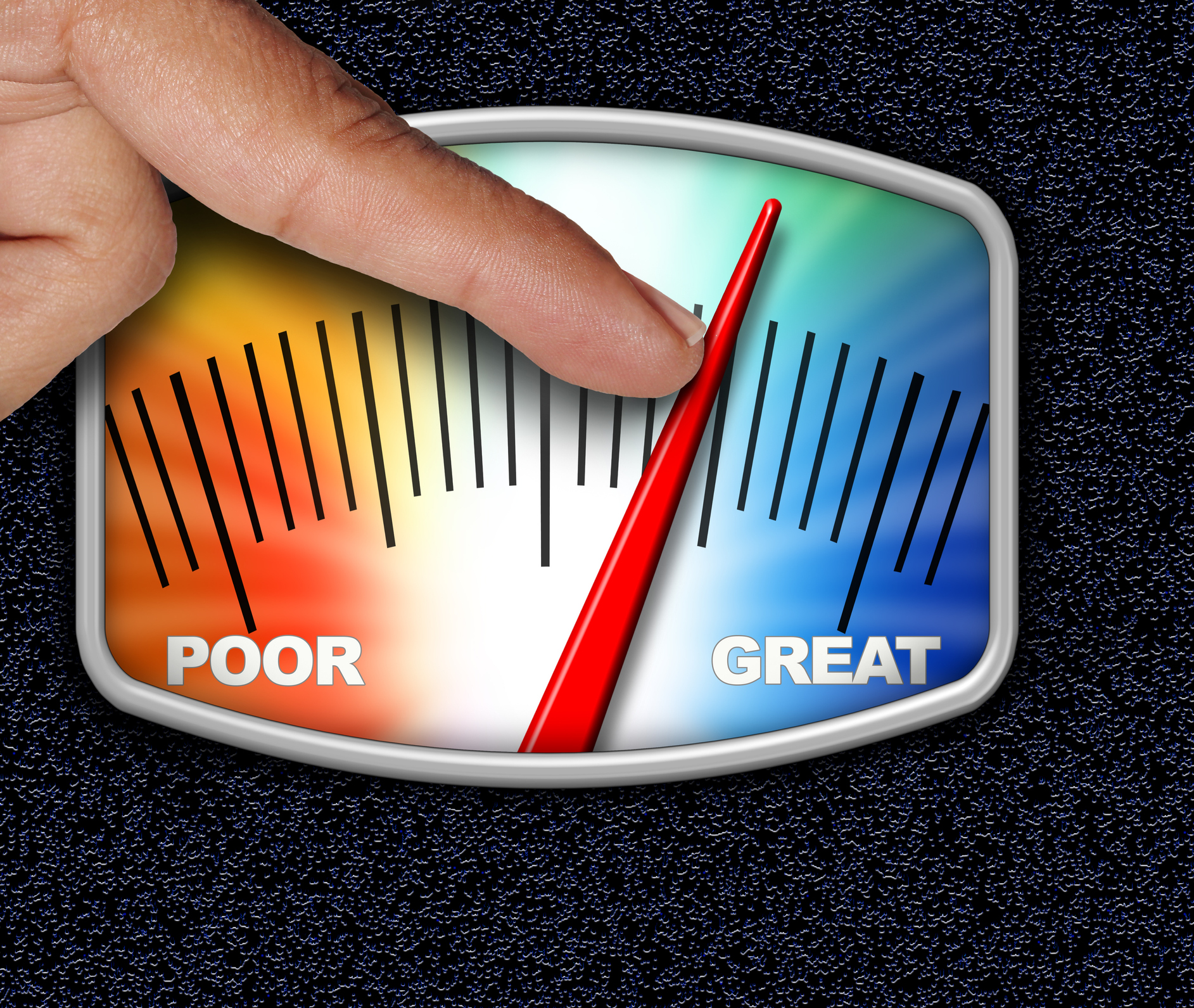
How Your Tax Refund Can Improve Your Credit Score
Expecting a sudden influx of cash due to a tax refund or maybe a COVID-19 stimulus payment? If you are in a position that this money is not needed to cover your daily expenses, there are a few things you could do with that money to boost your credit score and better your overall financial standing. There are three approaches that you can take, and you can use them separately or together, depending on your financial situation.
Are you behind on your payments? If you are 30 days or less behind on your payments, then it probably has not been reported as late. Using your tax refund to catch up on those payments where you are behind is a great way to keep your credit score from sinking. You can also use it to make payments where you are already behind, but if you have more late payments than the refund will cover, you may want to strategize how you will use that money. Also, if the late payments have resulted in fees or penalties, call your lender to ask them to waive them; many companies will waive up to one late fee each year.
Do you have too much debt? Not only does over-utilization of your credit hurt your credit score, but it can quickly tumbleweed into a financial problem if you hit any type of hurdle. Use the cash to pay down high-interest balances on revolving credit card accounts. There are two approaches people take when managing debt; focusing on the highest interest amounts or paying off the lowest balances to eradicate a payment. Sit down and look at the numbers to see which one will benefit you the most.
Are you in the enviable position of not being behind on payments or struggling with debt? Instead of spending the money, tuck it away in a savings account. No, having savings will not directly improve your credit score, but having cash available to tide you over should an emergency strike can keep you from relying on credit in the future, which can help prevent a whole range of credit mistakes.
